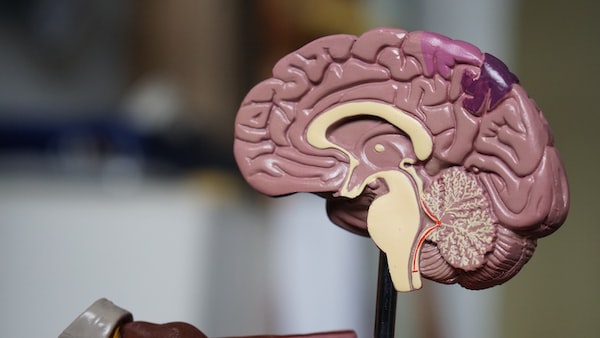Nicotinamide adenine dinucleotide (NAD) is a molecule found in all cells of the human body. It’s a key component in various biochemical processes; without it, many of the body’s normal functions would be disrupted. This blog will discuss what NAD is, why it’s important, and how it can improve health. Keep reading to learn more.
What is NAD?
NAD, or nicotinamide adenine dinucleotide, is an important coenzyme that plays a vital role in many biochemical processes in the body. It’s found in all living cells and is essential for the metabolism of carbohydrates, fats, and proteins, as well as the synthesis of certain hormones, such as insulin. NAD is also required to produce adenosine triphosphate (ATP), the energy molecule used by cells to power their activities.
NAD is composed of two nucleotides, adenine, and nicotinamide, and is found in both oxidized (NAD+) and reduced (NADH) forms. The oxidized form is the most common form used in energy metabolism. It’s converted to NADH during the breakdown of carbohydrates and fatty acids and is then used in the electron transport chain to produce ATP. NADH is also produced by synthesizing certain molecules, such as fatty acids and cholesterol.
Why is NAD essential in the body?
The importance of NAD lies in its ability to transfer electrons from one molecule to another. This process is essential for many metabolic activities, including producing ATP and synthesizing specific molecules. Without adequate levels of NAD, the body would be unable to perform these essential functions.
NAD is also involved in the regulation of gene expression. It’s thought to modulate the activity of specific proteins that control gene expression, allowing the body to maintain homeostasis. This is especially important in the immune system, where NAD helps regulate specific immune cells’ activity.
NAD is also a key player in DNA repair, as it’s involved in the transfer of electrons during DNA repair reactions. NAD can be converted to nicotinamide adenine dinucleotide phosphate (NADP), which is important in photosynthesis and other cellular processes.
NAD is essential for cell respiration, by helping to convert food into energy. It transfers electrons from the breakdown of food to the cell’s mitochondria, the organelle responsible for energy production. This energy is then used to produce ATP, fuel for all cellular activities.
NAD is also essential in forming new cells, as it helps transport electrons between cells and helps prevent the buildup of toxins. Additionally, NAD plays a role in synthesizing neurotransmitters, as it helps regulate the release of these chemicals in the brain.
Finally, NAD is important for the regulation of circadian rhythms. The production and breakdown of NAD regulate the body’s circadian clock. It’s thought that changes in NAD levels throughout the day may affect the regulation of sleep and wake cycles and other circadian rhythms.
What are the benefits of having adequate NAD in the body?

NAD levels naturally decline with age, and low levels of NAD have been linked to a variety of age-related diseases and health conditions, including cardiovascular disease, diabetes, Alzheimer’s disease, cancer, and more. This is why it’s important to ensure that we have adequate levels of NAD as we age.
There are a few ways to increase NAD levels in your body. The most effective way is to supplement with NAD precursors, such as nicotinamide riboside. Nicotinamide riboside is a form of vitamin B3 that is converted into NAD in the body. Studies have shown that supplementing with nicotinamide riboside can significantly increase NAD levels in the body. But be sure to consult your healthcare provider before taking any supplements.
In addition to supplementing, there are a few lifestyle changes that can help to boost NAD levels. For example, regular exercise has been shown to increase NAD levels in the body, as well as eating a healthy diet rich in whole grains, fruits and vegetables, and lean proteins. Additionally, reducing stress can also help to increase NAD levels.
NAD is an essential coenzyme in many metabolic processes in our bodies. Without NAD, we would be unable to convert food into energy, and our cells would not be able to perform many of their vital functions. As such, NAD is an essential component of human health and well-being.
